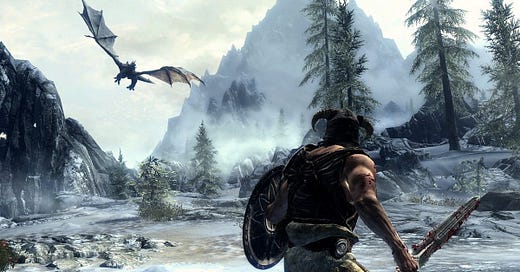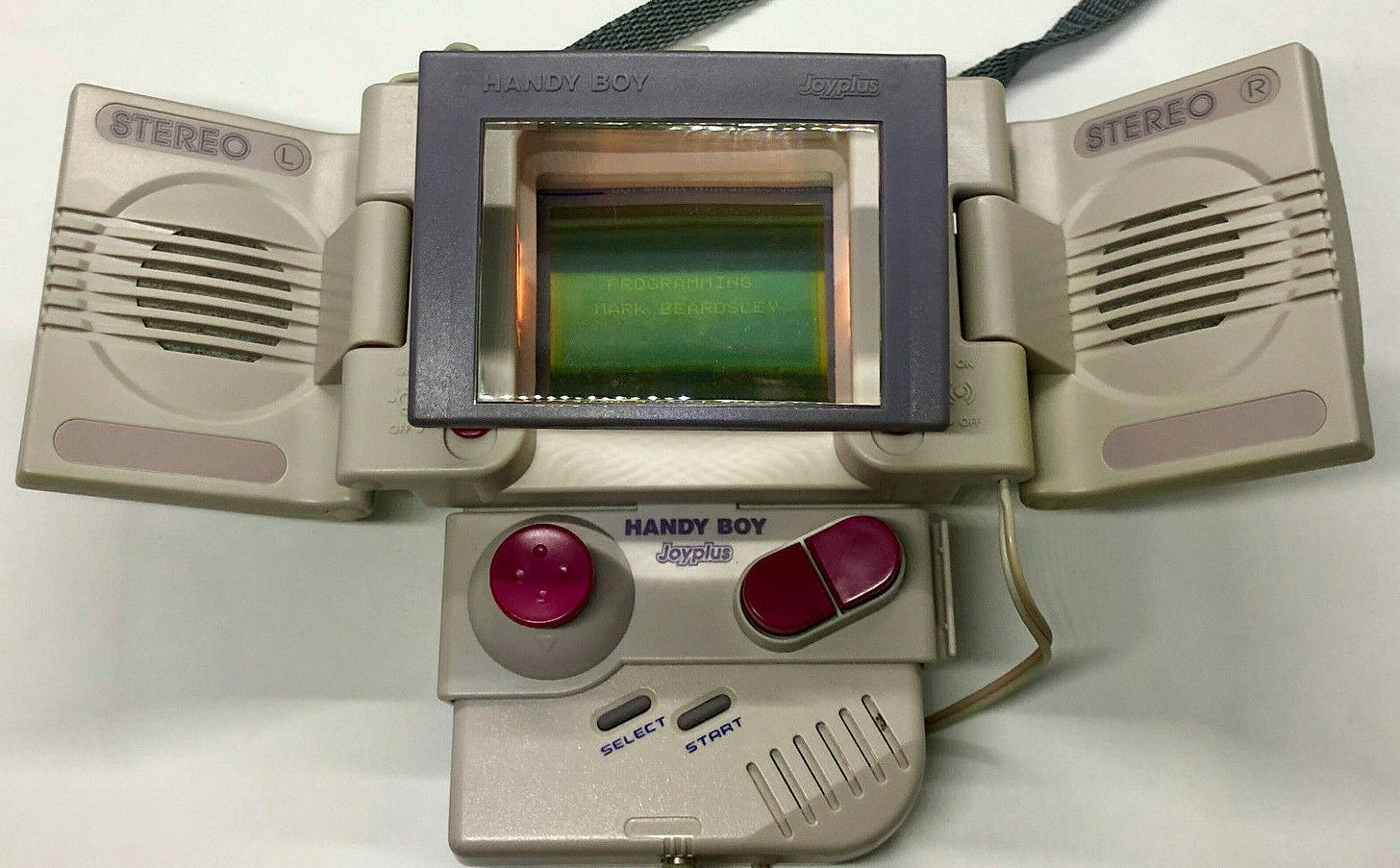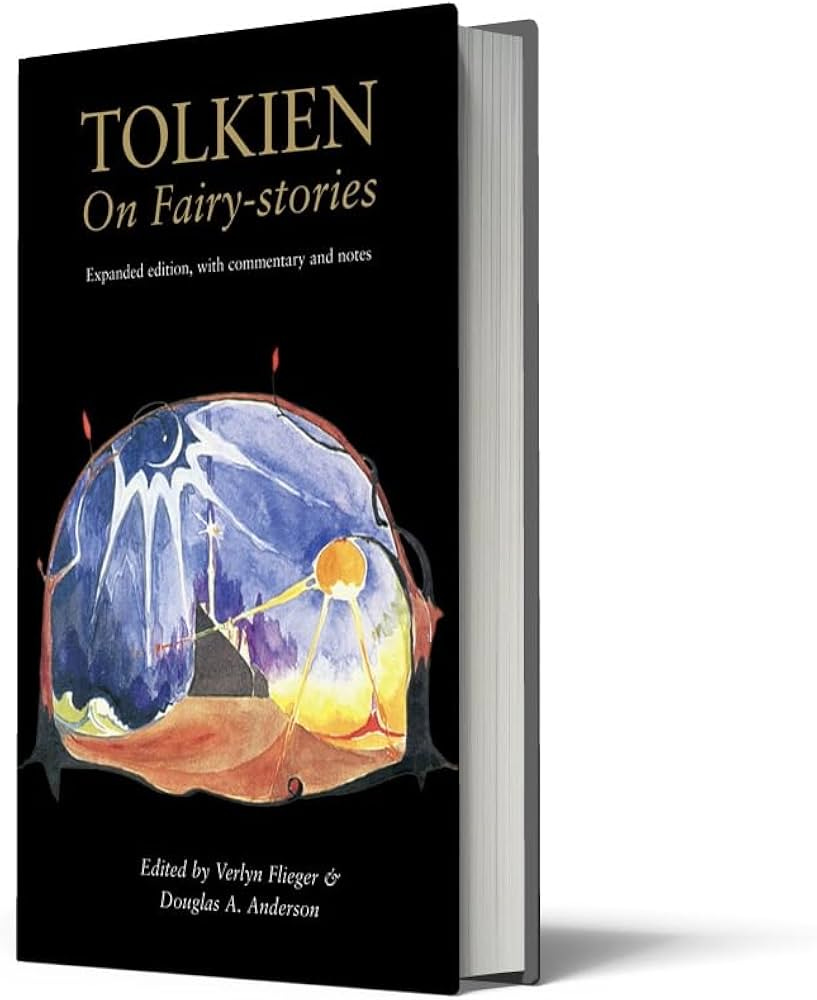I wouldn’t call myself a gamer, at least not these days. Between my responsibilities as a husband and father, as well as lesser roles, the time simply has not been there for quite a while. Furthermore, making up for an over-engagement with video games in my youth, I had long become convinced that they were, at least for the most part, a waste of time. However, as I advance further into my literary renaissance of the last few years, I am starting to reconsider this prejudice. Are games indeed an unhealthy escape from responsibility and real-world achievements, or might they serve some real-world benefit? I’m still working through this question, and even how to articulate the question properly, but I am definitely moving toward the latter possibility.
As a kid, video games were ubiquitous. I can’t remember a time before the NES and SNES were set up or the GameBoy (equipped with the Handy Boy) was not a hallmark of long drives. I remember being enchanted by the “realistic” graphics of the N64 and PS2, and eventually moving into PC gaming, regularly asking for a new graphics card for Christmas. The reality is that I played video games far too much, and I now regret that I did not spend more of my youth reading. While waxing and waning with other responsibilities, this practice largely continued through young adulthood until I was married, at which point I started playing considerably less. Then, once the twins were born, gaming time became nearly non-existent. A significant cause for this was mere necessity as I sought to fulfill the greater desire of providing for and spending time with my family, and this meant working a lot, as I continue to do to this day. However, as I continually consider questions about the nature of enchantment and the power of wonder, I am starting to conclude that, properly ordered within life’s demands, there can be some good in playing games.
It is not an overstatement to say that my life was changed by reading Tolkien. Not being an active reader as a youth, I discovered Tolkien later in life, just a few years before writing this article. I was, of course, familiar with Tolkien-inspired media, such as the Jackson films and various games, but I am still fairly new to reading Tolkien’s own words. From the moment I opened The Fellowship, I knew I was engaging with something real, although I did not yet have the categories for articulating what that meant. It did not take long for me to finish The Lord of the Rings and then move on to Tolkien’s other works, including “On Fairy-Stories,” in which he describes fantasy as sub-creation rather than merely being “made up.” We make in the image of, and with the materials made by, He in whose image we are made. Good fiction is dealing with that which is.
I once thought that I would have to turn to non-fiction when I wanted to learn something from a book, which is a natural prejudice of our times. Non-fiction deals with truth and fiction is “made up,” right? Well, this is certainly what I thought for a number of years.
Before picking up Tolkien, I was already starting to spend some time with fairy tales and folklore, mining such tales for their hidden meaning and value. My appreciation for good “made up” stories was beginning to grow, but Tolkien helped me to understand that good fiction is not “made up” at all, but that it is rather a secondary creation that is true inasmuch as it relates to the way things are on a metaphysical level. Of course we don’t believe there are such things as orcs and elves and dwarves in the way they are portrayed in Tolkien’s texts; however, there is something fundamentally true about the character of the story, the fibers of his world, and the interactions of the peoples that are involved, which is why one can read The Lord of the Rings as an act of Christian discipleship as much as anything else. When we escape in the right way and into the right substance, we are not merely running away from the primary world, but we are rather escaping to a place of value that we might recover something of value. For better or worse, no one leaves the perilous realm unchanged because it is there that we come to terms with ourselves and decide what that relationship looks like. In “On Fairy-Stories,” Tolkien clarifies that it is not the denizens of faerie that are supernatural, as they are actually hyper-natural, but that it is we, with our transcendent souls, that are supernatural. The perilous realm brings us not to Heaven or Hell, but to the road that we must walk. It may be the path to salvation or damnation, hence the differing impacts of Galadriel on Boromir and the other members of the party. This is where our relationship with truth becomes solidified. Thus, Tolkien provides us with a framework for relating to truth even in worlds that are not found in history. This is immediately relevant for our primary topic.
In the same essay, Tolkien also discusses why literature is a superior medium for fantasy compared to cinema. In a movie, the audience is given the full story, including plot, visuals, casting, music, etc. There is no room for the viewer to get involved in the process of sub-creation. A book, however, does provide this room. When you read a book, assuming you have not first seen a cinematic adaptation of the book, you fashion so much of the story in your own head. Based on your background, other books you have read, the thoughts floating around in your conscious and unconscious mental spaces, and everything else that you bring with you to the text, you cast the characters and decide exactly what the text looks, sounds, and feels like. We could all read the same story but have different mental adaptations as we contribute to the story through our own process of sub-creation alongside the primary author. It seems to me that much of the same could be said regarding video games. Whether we are talking about a story-driven roleplaying game or something more in the “sandbox” arena, there is space for the player to decide who they are, what their background and motivations entail, what kind of impact they will have on the world, and whatever else may be relevant to the particular game. All of this brings us into the act of sub-creation, which can be a great aid in helping us to become more enchanted in our primary world experience.
Of course, it should be noted that the potential of the reader’s sub-creation is directly related to the materials they are provided in the text, and the same could be said of video games. Sometimes the material is so corrupted that one who engages with it is likely to be far more destructive – first and foremost to their own selves – than creative. Some books are just bad. Some games are just bad. They are very unlikely to move us in the direction of being more integrated selves situated to bear primary world responsibilities and accomplish worthwhile things. Maybe the philosophy at hand is particularly heinous, or maybe the nature of the material is so tedious and addictive that we are likely to throw away time with very little hope of gaining something in return. Sometimes, and likely most of the time, the fault is not so much with the material as it is with the one who engages with it. As with any vice, it is easy to prioritize whatever lesser goods that may come from games over the greater goods that are before us. However, that many – and you and I – can go wrong with games does not mean that games themselves are an evil. It has been said, “Do not suppose that abuses are eliminated by destroying the object which is abused. Men can go wrong with wine and women. Shall we then prohibit and abolish women?” As far as I can tell, this is an apocryphal quotation attributed to Martin Luther, but the principle certainly holds up, even if the citation does not. That we can go wrong with video games does not mean that videos games are of necessity wrong.
There is a way to go right with games. Instead of letting them pull you into the abyss of empty amusement, they can be tethered to virtue, truth, and beauty and, in turn, become points of connection between you and goodness. Games can become touchpoints with our culture – and with ourselves – for dealing with significant topics that apply to primary life.
As with most mediums, you are likely to find what you are seeking. If your desire is rightly ordered, you will find another step on the upward journey. If your desire is wrongly ordered, you will slip further toward the abyss. Discernment rarely involves an all-or-nothing mentality. It instead involves having honest conversations with yourself and with others. In your heart, you generally know when something is upbuilding and when it is not. If you authentically seek the good, you surely will find it, as seeking the good is evidence that you already have found it in some measure.
For more on this topic, watch this conversation I recently had with Josh Traylor and Master_Samwise or listen to episode 78 of Mythic Mind wherever you get your podcasts.
About the Author
Andrew Snyder holds a Ph.D. in theology with a dissertation on Søren Kierkegaard’s theology of self-formation. He is a professor of philosophy and religion, the host of the Mythic Mind podcast, and the founder of the Mythic Mind Fellowship. You can follow him on Twitter @andrewnsnyder and find his often-neglected personal Substack on The Letters of J.R.R. Tolkien at Andrew N. Snyder.
Join the Mythic Mind Fellowship and/or enroll in a course at https://www.patreon.com/mythicmind







It is certainly true that novels are superior to movies when it comes to capturing the attention and hearts of people. The worldbuilding one finds in Tolkien's works is vastly superior to that of cinema every day of the week.
I've also found that my podcasts on the stories of others and Tolkien or even my own serials (fantasy-serial author here), quite capture the wholeness of my world-building.
Though I'm thinking of expanding to audiobooks and radio-dramas as those are a useful close second I think. As they are similar to books.
But VIdeo-Games in my experience are also quite good and are a little ahead of movies in some ways as they can take the time to have discoverable notes, and clues to stories and build up the world in a subtle manner that a movie or show can't quite do as they have to race from beginning to end.
Great take. It is hard to argue that reading is The medium for story telling. Very interesting thought.